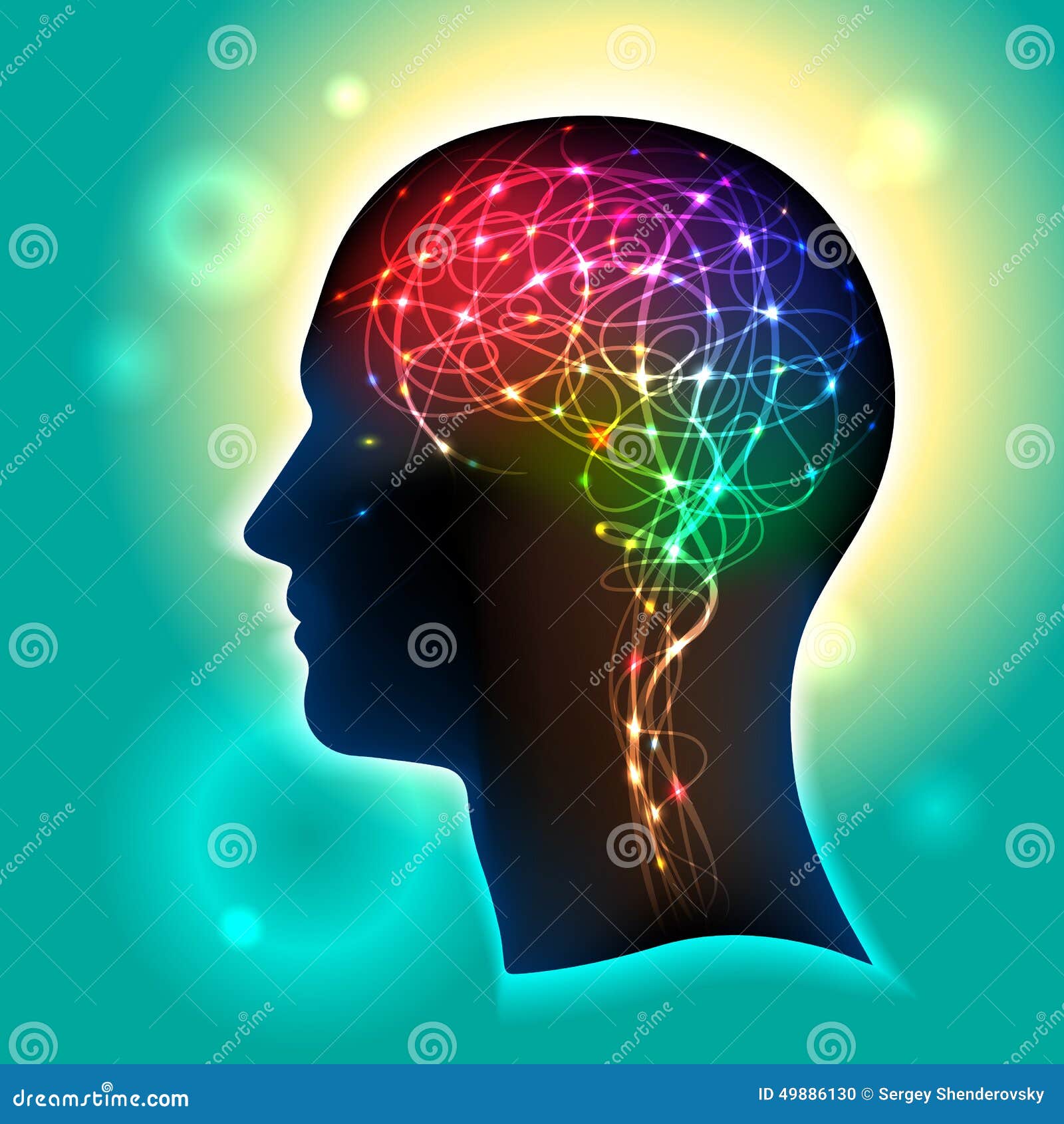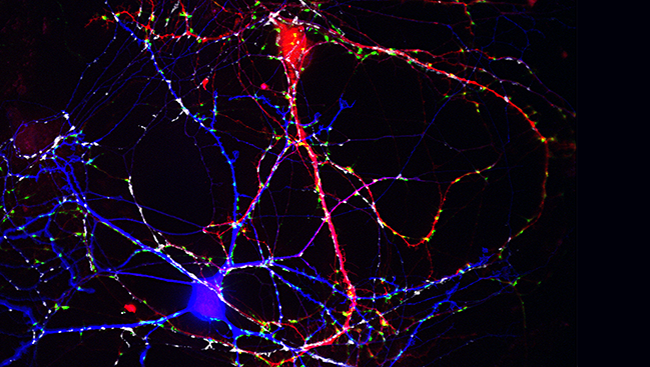

Research has linked decreased neurogenesis with trouble switching focus. Stress can reduce neurogenesis, ultimately leading mice to be more anxious in future stressful situations. Research has linked decreased neurogenesis with more anxious and depressive behaviors in mice. Boosting neurogenesis reduced the memory’s strength, perhaps an extreme form of forgetting that at normal levels avoids the remembering of unnecessary details.Īlzheimer’s disease and other forms of dementia Training mice or rats on a memory task before manipulating neurogenesis has also been found to affect the strength of the trained memory. Decreasing neurogenesis tends to hamper the animals’ ability to remember. Most of the research into neurogenesis involves boosting or inhibiting animals’ generation of new neurons, then training animals on a complex memory task such as finding a treat in a maze, and later retesting the animals. Now, neuro-scientists are rethinking the role that new neurons, and the hippocampus as a whole, play in the brain. More recently, experiments have tied neurogenesis to forgetting, one possible way to ensure the brain doesn’t become overloaded with information it doesn’t need, and to anxiety, depression, stress, and, as Cameron’s work suggests, attention. The study joins a growing body of work that challenges the decades-old notion that the primary role of new neurons within the adult hippocampus is in learning and memory. Yet in animals engineered to lack hippocampal neurogenesis, “the effects are pretty big.” “It seemed like there would be no reason that the hippocampus should have any role,” she says. In her experiments, the rats were just drinking water. Researchers studying neurogenesis in the adult hippocampus typically conduct experiments in which animals have had extensive training in a task, such as in a water maze, or have experienced repetitive foot shocks, she explains. “It’s a very surprising result,” says Cameron, who works at the National Institute of Mental Health (NIMH) in Bethesda, Maryland. Rats that couldn’t make new neurons seemed to have trouble shifting their attention from one task to another, the researchers concluded.Īging humans, in whom neurogenesis is thought to decline, often have trouble remembering details that distinguish similar experiences. When the team ran the experiment without the water bottle, both sets of rats looked around right away to figure out where the sound was coming from. When the animals heard the noise, those that could make new hippocampal neurons immediately stopped slurping water and looked around, but the animals lacking hippocampal neurogenesis kept drinking. The team did this repeatedly with regular rats and with animals that were genetically altered so that they couldn’t make new neurons in their hippocampuses, a brain region involved in learning and memory. They waited until the rat started drinking and then made a startling noise to see how the animal would respond. She and her colleagues put an adult rat in the middle of a plastic box with a water bottle at one end.

In the spring of 2019, neuroscientist Heather Cameron set up a simple experiment.


 0 kommentar(er)
0 kommentar(er)
